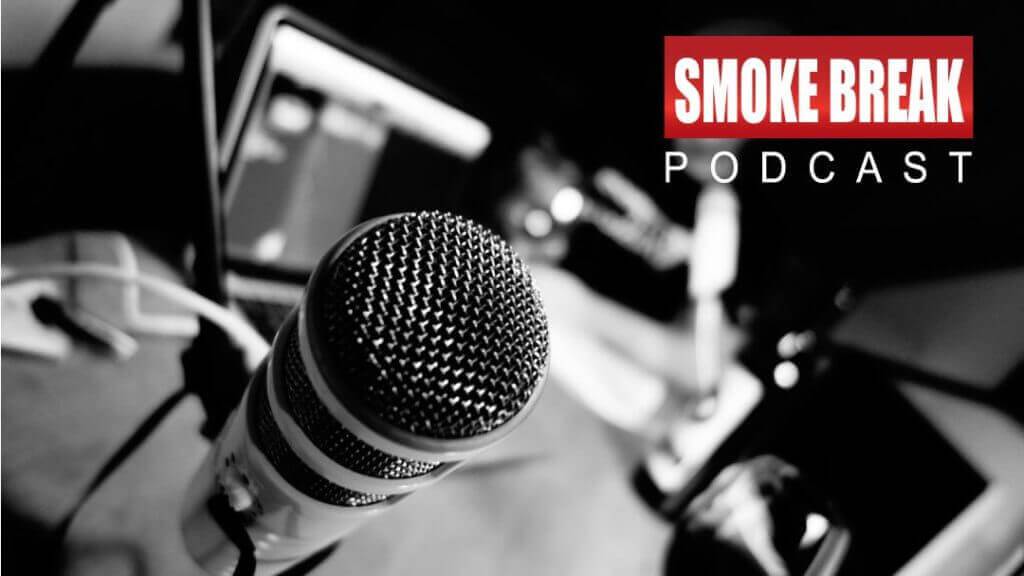The agency gave no clue whether it will remove pot from its Schedule 1 category of dangerous drugs.
Editor’s Note: In light of Huffington Post’s report (below) about the DEA’s plans to decide by mid-year whether or not marijuana’s classification should be changed from a Schedule I to a Schedule II drug, Cannabis Business Times (CBT) reached out to the Marijuana Policy Project (MPP) for the organization’s insights on what a reclassification would mean for legal marijuana businesses — mainly, would state-legal medical marijuana businesses finally have access to banking/financing services? What about state-legal recreational businesses?
Robert J. Capecchi, Director of Federal Policies for the MPP, told CBT, “My reading of the federal racketeering laws is that banks may be liable for doing business with funds that they know have been derived from a criminal offense, and a rescheduling will not automatically mean marijuana businesses are no longer violating federal criminal law.Under the CSA, even manufacturers and distributors of schedule II, III, IV, or V substances must obtain a registration from the US attorney general, which marijuana businesses do not have. It would seem that unless they obtained that registration, a bank would still be prohibited from accepting their funds because they derived from a federal criminal offense,” he said.
“All that said,” Capecchi added, “MPP believes that marijuana should be removed from the list of controlled substances all together. Alcohol and tobacco, substances that are far more dangerous than marijuana are not in the CSA, and we feel as if marijuana should be removed from it as well.
“Finally, it should be noted that the letter does not state that the determination will be announced by July, just that the DEA hopes to announce by the end of the first half of the year.” he added. “Also, the fact that a determination has been made does not mean that they have determined to move marijuana out of schedule I; it could be that the the determination is to keep marijuana in schedule I (which has been the result of every marijuana rescheduling petition that has gone before this one).”
Taylor West, deputy director of the National Cannabis Industry Association, agrees that moving marijuana to a Schedule II classification is not enough. “At this point, only moving marijuana to Schedule II is just not appropriate or objectively supportable by the science. Schedule II includes substances like cocaine and meth, and a move to Schedule II would not substantially change the status of current marijuana laws, businesses, or consumers. It’s not clear that it would have any positive impact on the banking situation, and it would definitively NOT fix the Section 280E tax situation. (Section 280E explicitly applies to both Schedule I and Schedule II substances.),” she said.
“The one main benefit of a move to Schedule II is a slight loosening of the restrictions around medical research, and that is certainly positive. But given the current state of cannabis science, the cannabis industry, and public opinion, the minimum appropriate move would be to Schedule III,” West noted. “The move that would truly reflect reality is to deschedule marijuana altogether, treating it similarly to alcohol and allowing states to determine their approach.”
From the Huffington Post’s report:
The Drug Enforcement Administration plans to decide whether marijuana should be reclassified under federal law in “the first half of 2016,” the agency said in a letter to senators.
DEA, responding to a 2015 letter from Sen. Elizabeth Warren (D-Mass.) and seven other Democratic senators urging the federal government to facilitate research into marijuana’s medical benefits, doesn’t indicate whether it will reclassify marijuana as less dangerous.
The U.S. has five categories, or schedules, classifying illegal drugs or chemicals that can be used to make them. Schedule I is reserved for drugs the DEA considers to have the highest potential for abuse and no “current accepted medical use.” Marijuana has been classified as Schedule I for decades, along with heroin and LSD. Rescheduling marijuana wouldn’t make it legal, but may ease restrictions on research and reduce penalties for marijuana offenses.
The Drug Enforcement Administration plans to decide whether marijuana should reclassified under federal law in “the first half of 2016,” the agency said in a letter to senators.
DEA, responding to a 2015 letter from Sen. Elizabeth Warren (D-Mass.) and seven other Democratic senators urging the federal government to facilitate research into marijuana’s medical benefits, doesn’t indicate whether it will reclassify marijuana as less dangerous.
The U.S. has five categories, or schedules, classifying illegal drugs or chemicals that can be used to make them. Schedule I is reserved for drugs the DEA considers to have the highest potential for abuse and no “current accepted medical use.” Marijuana has been classified as Schedule I for decades, along with heroin and LSD. Rescheduling marijuana wouldn’t make it legal, but may ease restrictions on research and reduce penalties for marijuana offenses.
“DEA understands the widespread interest in the prompt resolution to these petitions and hopes to release its determination in the first half of 2016,” DEA said the 25-page letter, obtained by The Huffington Post.
The letter, signed by Acting DEA Administrator Chuck Rosenberg, explains in great detail the marijuana supply available at the University of Mississippi, the federal government’s only sanctioned marijuana garden.
The Food and Drug Administration has completed a review of the medical evidence surrounding the safety and effectiveness of marijuana and has forwarded its rescheduling recommendation to the DEA, according to the letter. The document didn’t reveal what the FDA recommended.
If demand for research into marijuana’s medical potential were to increase beyond the the University of Mississippi’s supply, DEA said it may consider registering additional growers.
This isn’t the first time DEA has been asked to reconsider marijuana’s classification. In 2001 and 2006, DEA considered petitions, but decided to keep marijuana a Schedule I substance.
The DEA response is signed by Rosenberg, Sylvia Burwell, secretary of HHS, and Michael Botticelli, director of the Office of National Drug Control Policy. In addition to Warren, the letter was sent to Democratic Sens. Jeffrey Merkley (Ore.), Ron Wyden (Ore.), Barbara Mikulski (Md.), Edward Markey (Mass.), Barbara Boxer (Calif.), Cory Booker (N.J.) and Kirsten Gillibrand (N.Y.).
Those senators, with the exception of Warren, are co-sponsors of a sweeping bill introduced in 2015 designed to drastically reduce the federal government’s ability to crack down on state-legal medical marijuana programs while also encouraging more research into the substance.
Tom Angell, founder of Marijuana Majority, a marijuana reform group, said there was “absolutely no reason marijuana should remain in Schedule I.”
“Almost half the states in the country have medical cannabis laws and major groups like the American Nurses Association and the American College of Physicians are on board,” Angell said in a statement. He said the Obama administration should use its authority to make the change “before this president leaves office.”
http://www.cannabisbusinesstimes.com/article/cbt-dea-plans-to-decide-whether-to-reschedule-marijuana/



